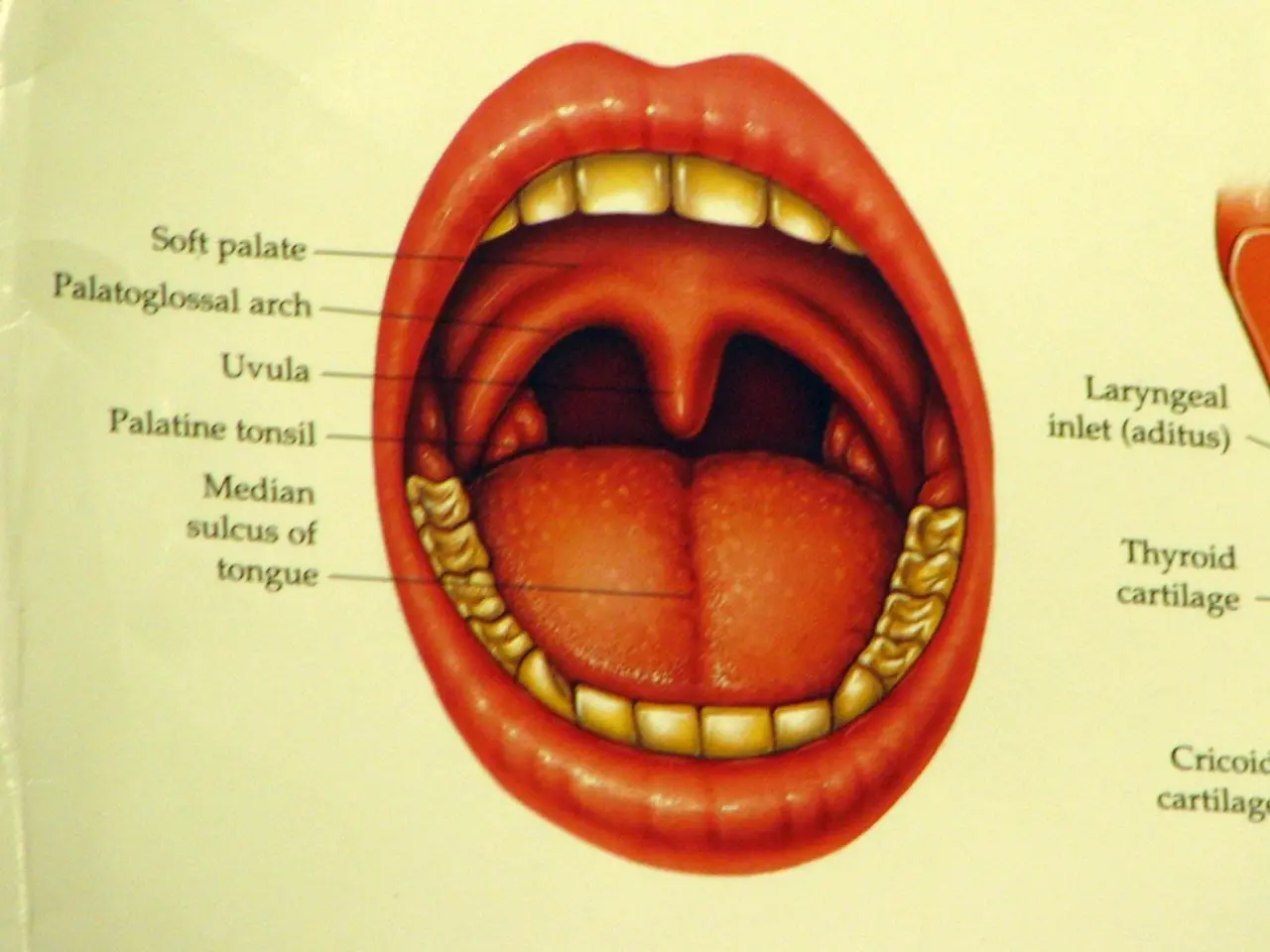Influence of Personality Traits on Intensity Perception, Emotional Responses, and Preference for Taste Solutions
In a recent study, researchers explored the impact of personality traits on our preferences for basic tastes such as sweet, sour, bitter, salty, and umami. The study, which focused on the personality traits of extraversion and neuroticism, found that these traits significantly influence our emotional response, liking, and preference rank toward these taste solutions.
Extraversion, a trait associated with outgoing and sociable behaviour, was found to be positively linked with liking and preference for various foods. This suggests that extraverted individuals may have a more positive emotional response and higher liking toward different taste solutions. The study also indicates that extraversion correlates with emotional traits like playfulness and care, which could enhance positive affect toward tastes.
On the other hand, neuroticism, a trait often associated with negative emotional states such as anxiety and depression, was found to be associated with less positive emotional responses and may influence disliking or lower preference for certain tastes. Neuroticism might lead to more negative emotional responses toward some basic tastes or lower preference rankings.
While these general personality-taste relationships are supported, the study did not provide precise, experimentally measured effects of extraversion and neuroticism on the emotional response, liking, or preference rank specifically toward basic taste solutions.
The study, which involved 67 participants, classified them into two clusters based on their personality traits – cluster N (high neuroticism) and cluster E (high extraversion). Participants rated the taste intensities of four basic-taste solutions at low and high concentrations, and of plain water. They also provided emotional responses toward each sample using a self-reported emotion questionnaire, facial expressions, and/or autonomic nervous system responses.
The study found that personality traits, particularly traits of extraversion and neuroticism, affect the modulation of predicting overall liking and preference rank toward basic taste solutions. Interestingly, the self-reported emotion measure was more effective in predicting hedonic ratings (overall liking and preference) for individuals high in neuroticism (cluster N) compared to those high in extraversion (cluster E).
The study also suggests that incorporating self-reported emotion measures could improve the accuracy of predicting overall liking or preference rank toward taste samples, especially for individuals high in neuroticism. However, it did not determine if the effects of personality traits on the prediction of overall liking and preference rank toward basic taste solutions are specific to certain taste solutions or are generalizable across all basic taste solutions.
In summary, this study provides valuable insights into how our personality traits shape our preferences for basic tastes. While the study did not delve into the potential mechanisms underlying these relationships, it opens up avenues for further research in sensory psychology. If more detailed or experimental data on basic taste solutions and personality traits is needed, targeted studies on sensory psychology would be required.
Consumer research in the field of health-and-wellness and mental health could benefit from eye tracking technology, as it might help understand the impact of personality traits, such as extraversion and neuroticism, on an individual's emotive response to various taste solutions. This study, when coupled with a more comprehensive evaluation of self-reported emotions, could provide a scientific basis for improving the accuracy of predicting overall liking or preference rank toward taste samples, particularly for individuals high in neuroticism.




